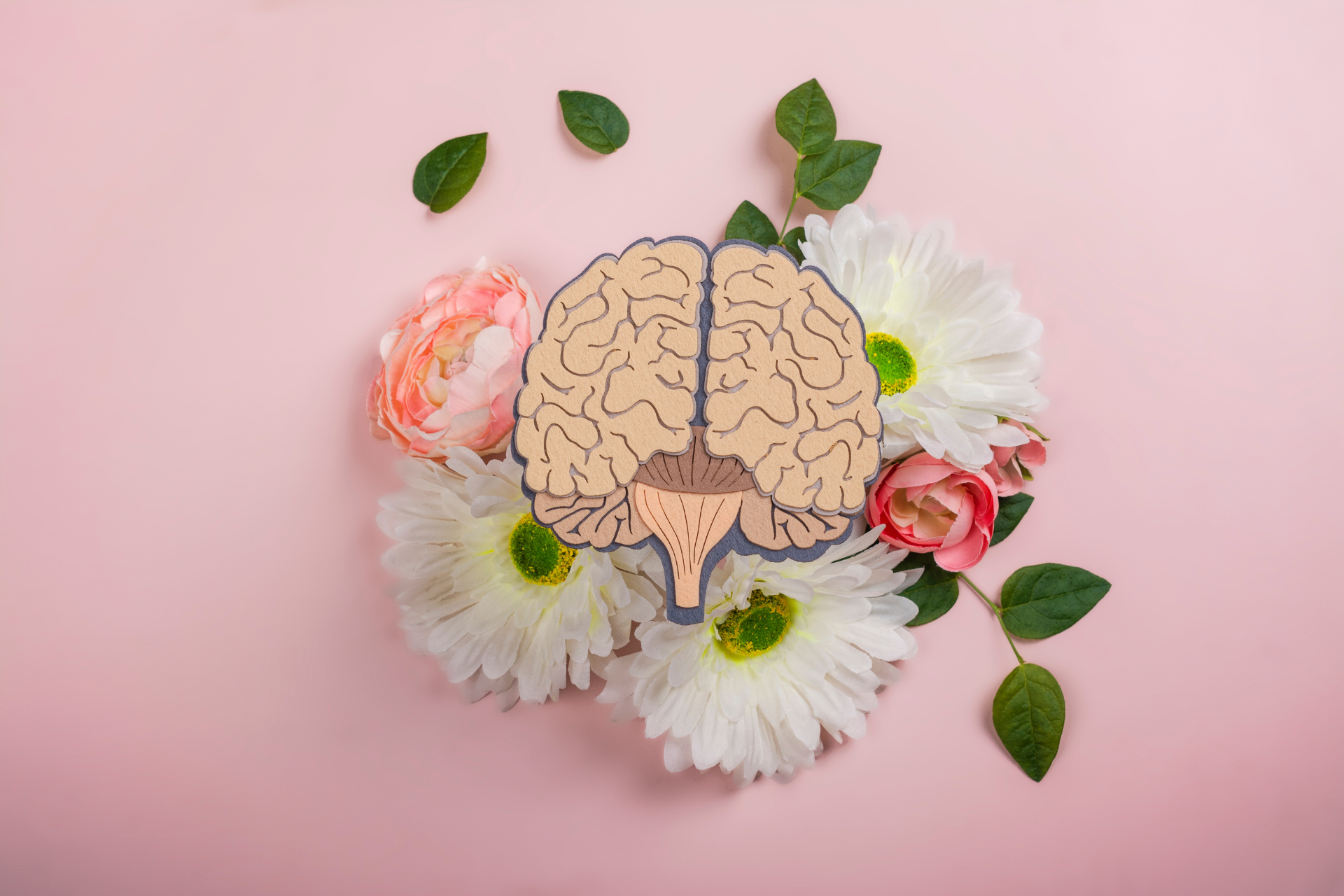The Science of Therapy: Understanding Different Approaches to Mental Health Treatment
For many, therapy can seem shrouded in mystery. What exactly happens behind those closed doors? Friends of Austin State Hospital believes in destigmatizing mental health treatment and empowering individuals to take charge of their well-being. In this blog post, we'll delve into the science behind therapy, exploring various approaches and how they can benefit you.
The Power of Psychotherapy
Therapy, also known as psychotherapy, is a collaborative process between a trained mental health professional and a client. Grounded in scientific research, it utilizes evidence-based techniques to address mental health challenges and improve overall well-being.
Psychotherapy works by:
- Identifying Underlying Issues: Therapists help clients understand the root causes of their emotional distress, thoughts, and behaviors.
- Developing Coping Mechanisms: Therapy equips individuals with tools and skills to manage difficult emotions, navigate challenging situations, and build resilience.
- Shifting Thought Patterns: Therapists help clients identify and challenge negative thought patterns that contribute to anxiety, depression, and other mental health issues.
- Promoting Growth and Change: Therapy fosters self-awareness and provides a safe space for personal growth and development.
A Spectrum of Approaches
Mental health is not a one-size-fits-all issue, and neither is therapy. There are various evidence-based approaches, each with its own strengths and applications. Let's explore some common ones:
- Cognitive Behavioral Therapy (CBT): CBT focuses on identifying and changing negative thought patterns that contribute to emotional distress and unhealthy behaviors. It's a highly effective approach for anxiety disorders, depression, and many other conditions.
- Psychodynamic Therapy: This approach delves deeper, exploring the unconscious mind and past experiences that might be influencing current difficulties.
- Interpersonal Therapy (IPT): IPT focuses on improving communication and relationship skills, making it particularly helpful for individuals struggling with interpersonal conflicts that impact their mental health.
- Family Therapy: Family therapy involves the entire family unit in addressing a mental health issue impacting one member. It aims to improve communication, support, and dynamics within the family system.
- Mindfulness-Based Therapies: These therapies incorporate meditation and mindfulness practices to cultivate present-moment awareness and emotional regulation. Mindfulness-Based Stress Reduction (MBSR) is a popular example.
Finding the Right Fit
The effectiveness of therapy hinges on a strong therapeutic alliance, the trust and rapport built between therapist and client. When choosing a therapist, consider their qualifications, approach, and whether you feel comfortable and understood. Some therapists specialize in specific areas like trauma or addiction.
The Science is Clear: Therapy Works
Numerous research studies have demonstrated the effectiveness of therapy in treating a wide range of mental health conditions. Therapy can lead to significant improvements in symptoms, increased emotional well-being, and a better quality of life. If you're struggling with your mental health, know that evidence-based treatments are available, and seeking professional help is a sign of strength, not weakness.
Friends of Austin State Hospital is a nonprofit dedicated to improving the lives of patients at the State Hospital as well as bringing the community together on the subject of mental health through advocacy and mental health education. We offer a variety of resources and host different events and initiatives to carry out our mission. Learn more and connect with us today at
https://www.friendsofash.org/.
All Rights Reserved | Friends of Austin State Hospital
Website by EGS Marketing Solutions
All Rights Reserved | Friends of Austin State Hospital
Website by EGS Marketing Solutions
All Rights Reserved | Friends of Austin State Hospital











